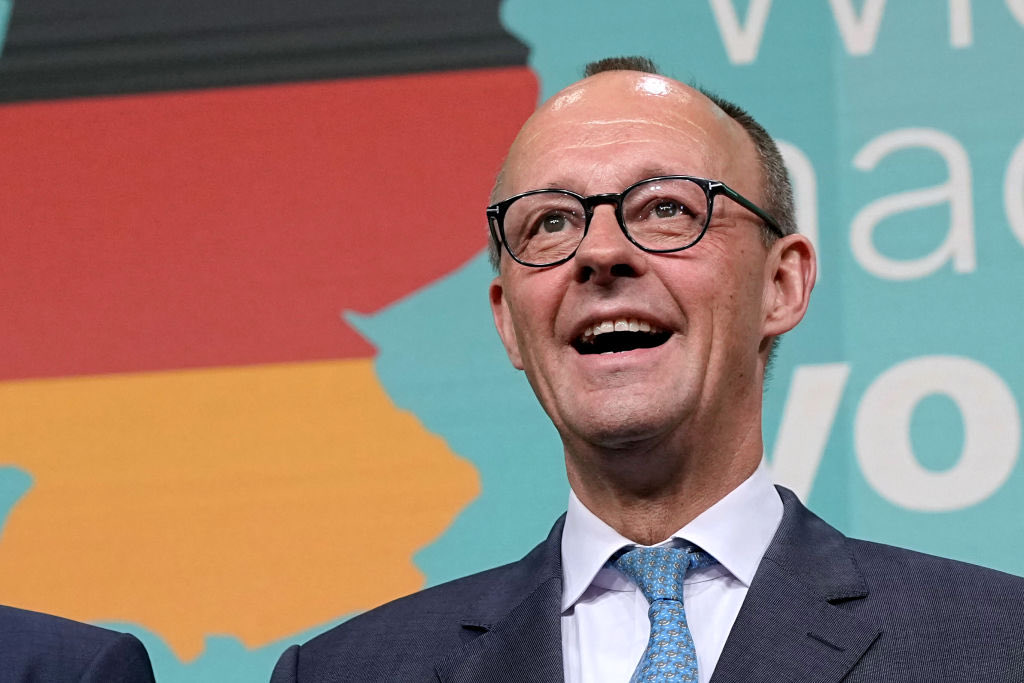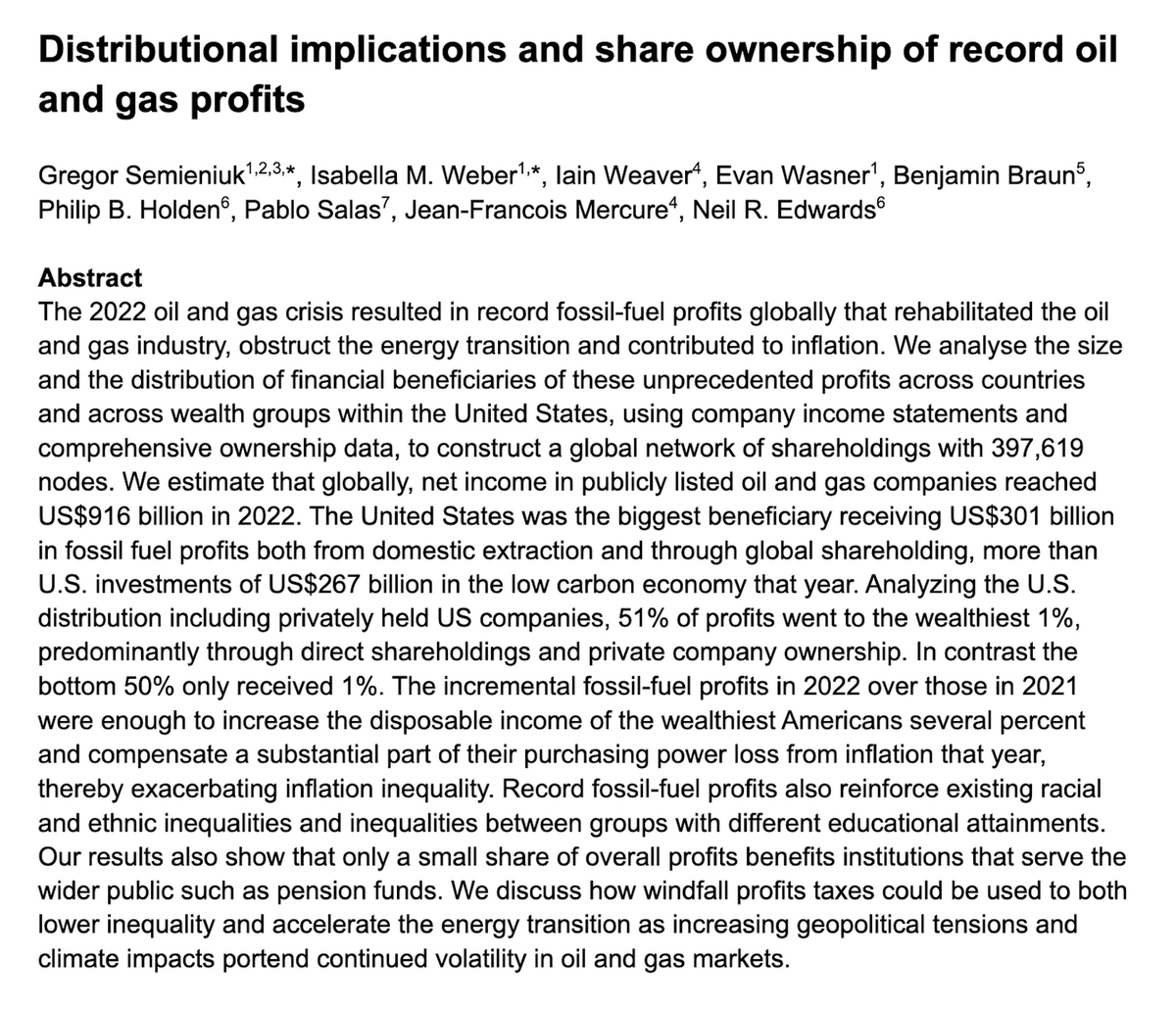“My friends, the world is changing. It's not a question of whether that change will come. It's a question of who will change it.” @ZohranKMamdani
People are choosing real alternatives instead of continuity. Mamdani stands for an antifascist economics in the name of the many. 🧵
People are choosing real alternatives instead of continuity. Mamdani stands for an antifascist economics in the name of the many. 🧵

His program puts affordability first: a rent freeze on stabilized apartments, construction of 200,000 affordable homes, free buses, universal childcare from 6 weeks to 5 years, & city-run grocery stores in food deserts, funded through higher taxes on millionaires & corporations.
Critics dismiss this as “pie-in-the-sky socialism.” But what they truly object to is something more fundamental: the notion that democratic governments should guarantee people’s basic needs, even if that means intervening in markets.
Essentials like housing, food, energy, & childcare are not ordinary commodities. When their prices surge, they trigger redistribution shocks.
Our research identifies these sectors as key drivers of inequality. Link: scholarworks.umass.edu/entities/publi…
Our research identifies these sectors as key drivers of inequality. Link: scholarworks.umass.edu/entities/publi…

A petroleum price shock hits the poorest Americans with a 54% higher inflation impact than the richest decile. For food, the gap is even greater at 126%.
But windfall profits flow upward: in 2022, half of record fossil-fuel profits went to the richest 1%; only 1% reached the bottom half.
Link: sciencedirect.com/science/articl…
Link: sciencedirect.com/science/articl…

But windfall profits flow upward: in 2022, half of record fossil-fuel profits went to the richest 1%; only 1% reached the bottom half.
Link: sciencedirect.com/science/articl…
Link: sciencedirect.com/science/articl…

Guaranteeing affordable prices for essentials addresses inequality without dividing society. Free buses or childcare are universal.
They benefit everyone and create solidarity across income, race, and religion — a unifying rather than exclusionary economic agenda.
They benefit everyone and create solidarity across income, race, and religion — a unifying rather than exclusionary economic agenda.
Public options for essentials are also powerful instruments of price stabilization. The same sectors that matter most for inequality also drive inflation.
By preventing price shocks in essentials, governments can contain inflation & inequality.
By preventing price shocks in essentials, governments can contain inflation & inequality.
This leads to what I mean by antifascist economics. It doesn’t target one party; it tackles the material conditions that make fascism appealing: insecurity, despair, unmet basic needs.
Policies that make life affordable are not just social policy, they are democracy insurance.
Policies that make life affordable are not just social policy, they are democracy insurance.
If guaranteeing essentials sounds radical in 2025, it speaks to how far we’ve drifted from democracy’s core promise. Markets will not save democracy.
I spell this out in conversation with the @bbcworldservice: bbc.co.uk/sounds/play/w3…
I spell this out in conversation with the @bbcworldservice: bbc.co.uk/sounds/play/w3…
• • •
Missing some Tweet in this thread? You can try to
force a refresh













